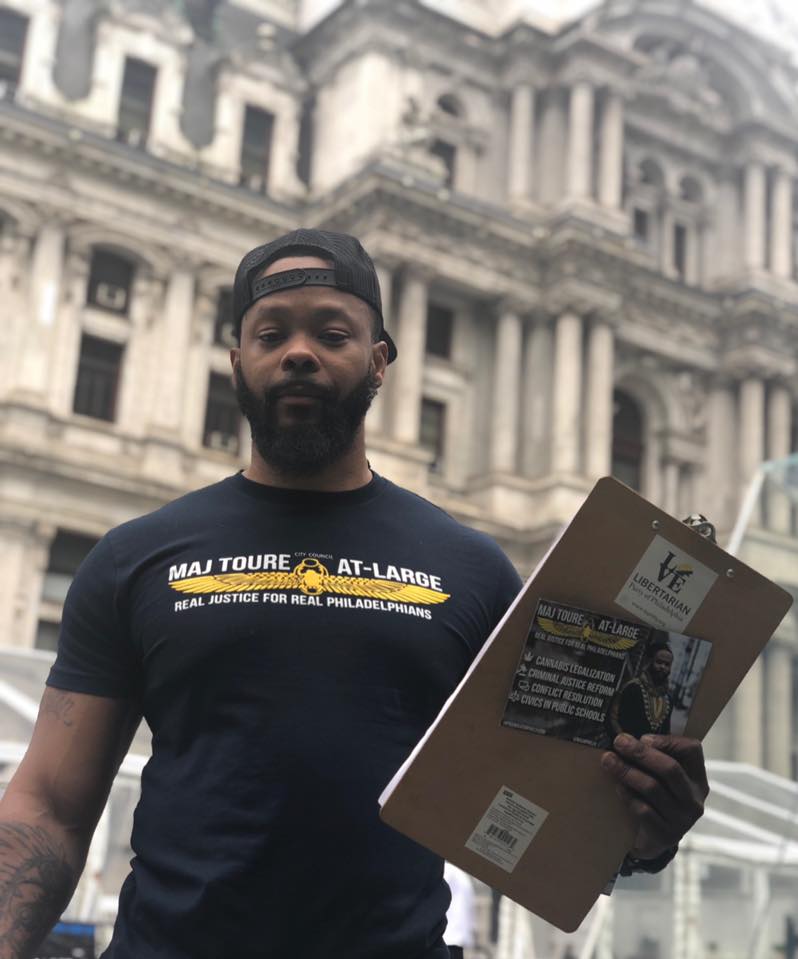By: Robert Davis
A team of lawyers has filed a brief of Amici Curiae in the U.S Court of Appeals for the Third Circuit challenging Section 302 of Pennsylvania’s Mental Health Procedures Act (MHPA) in favor of due process rights for gun owners.
“We are arguing that the permanent prohibition to own a firearm for an involuntary, Section 302 commitment is unconstitutional and a violation of an individual’s right of due process under the Commonwealth Constitution and the US Constitution,” Dr. Val Finnell, Pennsylvania Director for Gun Owners of America, said in a press release. “The only thing required to lose your gun rights under the MHPA is a stroke of a doctor’s pen, and that’s wrong.”
Section 302 of the MHPA says that mental health evaluations may be conducted “without a warrant upon application by a physician or other authorized person who has personally observed conduct showing the need for such examination.” Patients committed for treatment under the law lose their right to own a weapon regardless of whether the treatment is voluntary.
The lawyers questioned the constitutionality of this process itself, rather than the entirety of Section 302. In 2017, The Pennsylvania Supreme Court made a similar argument in In re Nancy White Vencil, which states that “evaluation and treatment…is insufficient under the Fourteenth Amendment, due to the lack of due process,” to warrant such an outcome.
A Hot Topic in PA
Pennsylvania’s courts have historically ruled in favor of the Second Amendment, even though local lawmakers routinely argue that town home rule charters give townships and municipalities the right to prohibit certain weapons.
Under Article 9, Section 2 of Pennsylvania’s Constitution, municipalities have the right to adopt home rule charters. Their legislative authority is limited by the Constitution, however, and by acts of the General Assembly. The organizations argued that this Constitutional provision bars home rule cities from regulating the use of firearms without an act of the Assembly.
In 1993, both Philadelphia and Pittsburgh attempted to outlaw so-called “military-style assault weapons.” Later that year, Pennsylvania’s General Assembly passed HB 185, which restricts how municipalities and townships can regulate firearms.
Three years later, lawmakers from Philadelphia and Pittsburgh challenged HB 185 in Ortiz v. Commonwealth in order to pass another so-called “assault weapons” ban. The Commonwealth’s Supreme Court argued that laws passed by the General Assembly hold precedence over home rule charters.
Following the Tree of Life Synagogue shooting in 2018, Pittsburgh City Council again attempted to outlaw AR-15s. Shortly thereafter, several lawsuits filed by gun rights organizations landed on the desk of Pittsburgh’s mayor contending that this law is unconstitutional as well. Those lawsuits are still being heard by the courts.
Earlier this year, Rep. Angel Garcia introduced a bill that would require firearm owners to register their weapons annually. The bill never made it out of committee.
Turning the Tide
Maj Toure, the founder of Black Guns Matter, has spent the past few years traveling the country and teaching inner city groups about the Second Amendment. He has taught alongside stalwarts such as Chicago’s Rhonda Ezell with the goal of educating people about guns, so conflicts won’t end in tragedy. One topic he always covers is the danger that laws like Section 302 pose for gun owner’s rights across the country.
Toure is now running for city council of Philadelphia.
“[Red flag laws are ] a clear violation of due process, of American values,” Toure told Gunpowder Magazine at CPAC this year. “Red flag laws and extreme protection orders basically allow someone to say they’re uncomfortable with another person having guns, and the police can perform no-knock raids to retrieve them and their guns.”
Listen to what Toure had to say about red flag gun confiscation laws at CPAC this year:
Robert Davis is a general assignment reporter for Gunpowder Magazine. You can reach him with tips at RobertDavis0414 (at) gmail.com.
Photo courtesy of Facebook.

